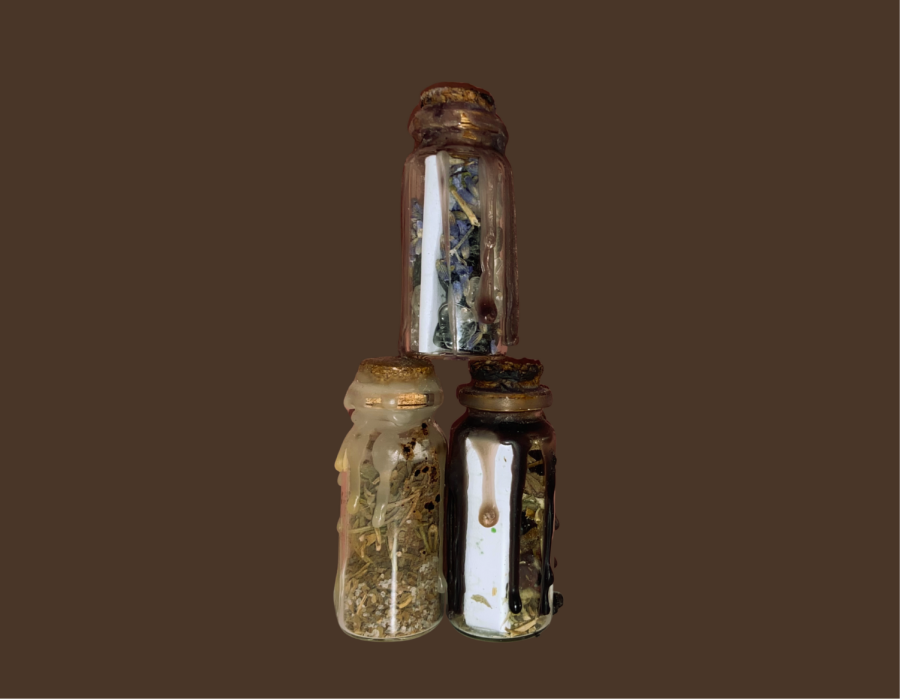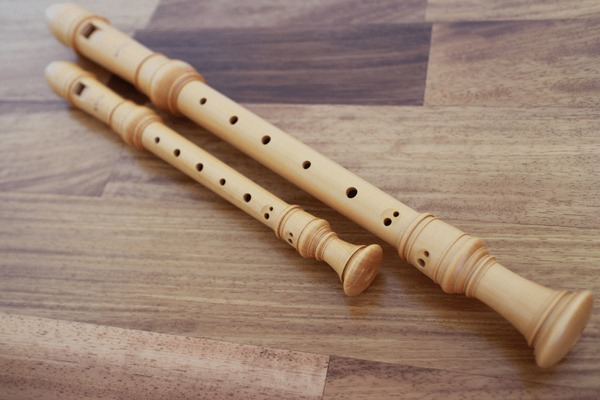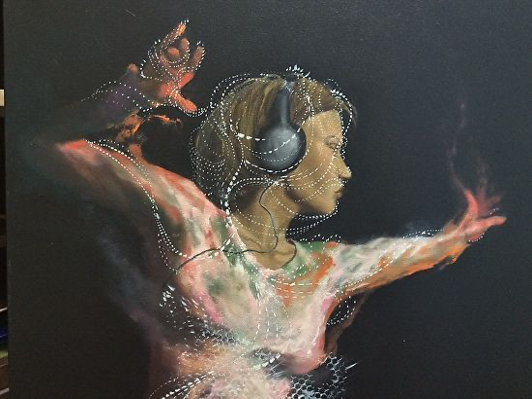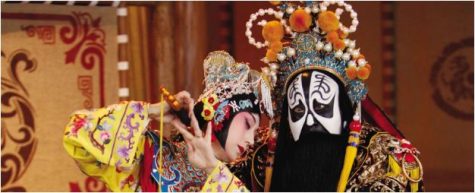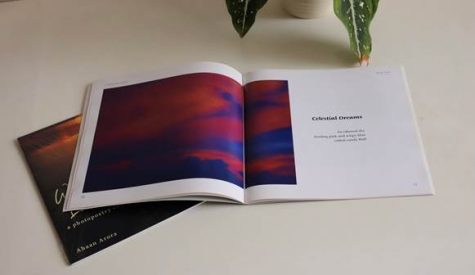Designing a Spell
A major part of practising witchcraft is, well, practising. There are many ways to practise witchcraft, from simple prayer to divination (though these activities do not always need to be considered witchcraft), with one of the most popular methods being spell casting. Designing your own spell may feel daunting at first, so this article outlines a few different areas to consider. What you choose to include may differ depending on what feels right for you or what spiritual path you are following and whether there are certain rules you must abide by.
Before attempting anything, ensure that you know how to cast some sort of protection. A common way to do so is to cast a circle. This can be achieved using a range of methods, from summoning the elements to simply sprinkling some salt around you in a circle. There are some methods which are more specific to certain paths and traditions than others, so make sure you choose one which aligns with you.
The most important part of your spell is the intention. You could have every herb and every crystal, but without a strong belief in a clear intention, your spell will not succeed the vast majority of the time. It is important to make sure that you know exactly what you want to achieve and why you want to achieve it. Often, if you cannot provide an exact reason as to why you are casting a particular spell, that confusion will be reflected right back at you.
How will you format your spell? Two of the most popular and most simple formats are candle spells and jar spells. Candle spells often involve dressing a spell candle (a type of short candle) in spell oil and herbs, and sometimes even engraving it. It is then burned to the end. Jar spells often involve inserting the appropriate herbs, crystals, and a folded piece of paper with the intention written on it into a tiny jar. This jar can then be taken with you anywhere or left in a significant place. You do not need to stick to either of these options – however you do it, there is a potential to achieve results.
What resources will you need? Can you access them easily? The intention is the most important part, so do not fret if you do not feel as though you have all the perfect tools and ingredients, although they can assist in amplifying your intention.
Another point to consider is whether you will invoke any deities. As this is an incredibly extensive topic, make sure you do your research prior to inviting them into your space. Some deities may be okay with being called into spell work as your first time interacting with them, but others have been known to wreak havoc if they feel as though they have been disrespected and simply ‘used’ for your benefit. Depending on what kind of deity they are and from which belief system they originate, they will require different treatment. Another thing to be aware of is closed practices – both practitioners and deities of closed practices tend not to take kindly to uninitiated people engaging in their traditions.
Will you use any form of incantation? If you do, make sure you use words that hold meaning to you. Just repeating the words of someone else who has succeeded does not mean it will work
for you since the entire concept of magick revolves around energy. I have personally made this mistake before, falsely believing that following someone else’s spell instructions gave it some sort of credibility and therefore a higher success rate.
What skills will you need? This is dependent on the goal of the spell. For example, if you are aiming to get in contact with some kind of spirit, you will likely need to improve your extrasensory perception abilities. A great book for this is Psychic Witch by Mat Auryn.
What magical traditions did your ancestors engage in? Many individuals believe that utilising the practices of your ancestors will make your results far more potent. This could be for a number of reasons, one of which is the idea that families can build up credibility with certain spirits.
When will you cast your spell? Timing can hold a lot of weight depending on your beliefs. You could choose to practise your magick in alignment with the moon phases, the days of the week, celebrations, etc. Each of these events is thought to hold a different energy, with some being more compatible with a certain spell than others.
Before designing and casting a spell, the most important step is research. Some topics I would recommend researching include protection, deities, magick in your culture/ancestral culture, and magickal correspondences with colours, herbs, crystals, moon phases and days of the week. A very popular book in the witchcraft community is Cunningham’s Encyclopedia of Magical Herbs by Scott Cunningham, which outlines over 400 herbs and their correspondences to the elements, planets, gender, powers, magical uses, and folk names. This book is incredibly helpful in all spellcraft and will assist you in finding perfect substitutes if necessary.
Anyone can successfully cast a spell – it is not some ability you are either born with or without. While some people may be naturally more skilled in certain areas assisting in spell casting, such as detecting energy or manifesting, practice always trumps talent, so do not be discouraged if it does not work the first few times.


